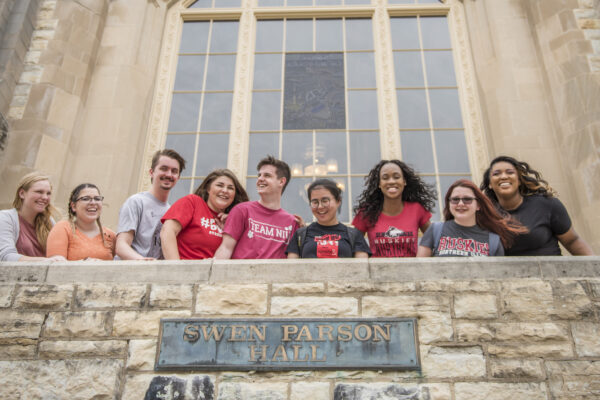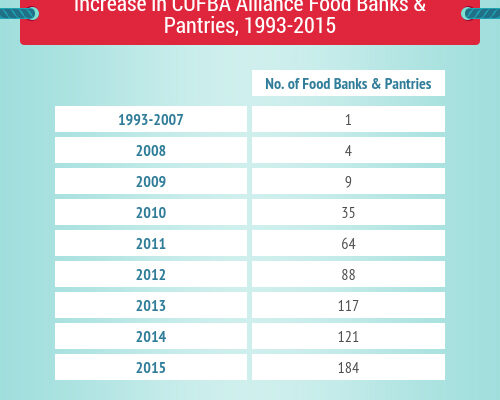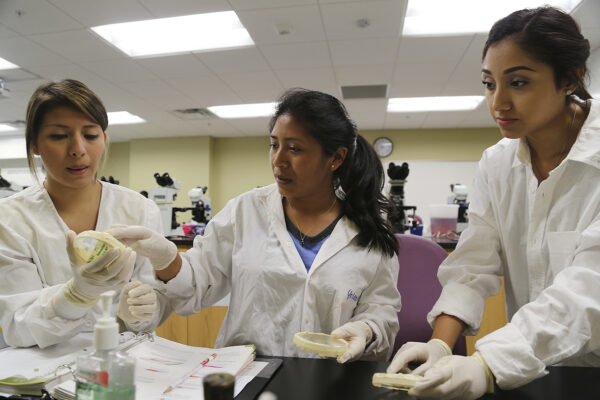Problems affording housing and food as well as lack of family support can be disruptive to a college student’s education. That is why Kennesaw State University (KSU) in Georgia created the Campus Awareness, Resource & Empowerment (CARE) Services Center to offer support for students dealing with issues like homelessness, food insecurity, and experience in the foster care system.
In 2006, a KSU student fainted in class after days without food, bringing awareness to the campus community of a major problem that students around the country are facing. In response, students and staff created a campus food pantry. Two years later, the university held its first annual Homelessness Awareness Week. In 2014, both initiatives were consolidated into the CARE Center to provide a single point of access for resources and services for students in need.
CARE collaborates with admissions, financial aid, campus housing, and other KSU departments to provide a wide range of offerings in addition to the food pantry, including one-on-one case management, temporary housing, job coaching, temporary job placement, scholarships, and volunteer opportunities.

In 2016, CARE opened a dorm room where students could stay for up to two weeks while securing longer-term housing. The KSU news release states that CARE was the first campus program of its kind to have its own designated room for this purpose. That same year, CARE partnered with Ecology Clothing to provide a store where students could choose clothing to take home.
“Poverty takes away choice,” said Marcy Stidum, director of the CARE Center, “because food stamps tell you what you get, unemployment tells you how much you’re going to get. I want my students to be able to go in and self-select. It’s extremely empowering.”
In a recent NPR piece profiling two universities with robust resources for homeless students, a KSU student and her case manager describe the impact such services can have on a student’s college experience. Not only was KSU senior Nikki Hamel able to stay on campus during the holidays when she didn’t have anywhere else to go, but the university also ran a Holiday Giving Tree where Hamel and other students received donated gifts from a wish list they had provided.
As higher education policy expert Sara Goldrick-Rab of Temple University told NPR, “We continue to think everybody’s 18 years old with you know 2.0 parents and some 1.0 sibling, helping them go to school and bringing them care packages of groceries. It’s just not true.” Students of various means and backgrounds now have access to higher education, and universities like KSU can help meet their basic needs so they can focus on their education.
—Carly O’Connell
At a Glance
Member Institution: Kennesaw State University
Initiative: KSU CARE Center
Goal: Provide a single point of access to resources and services for KSU students with issues relating to homelessness, food insecurity, and foster care.
Become a member: As a member of ACE, you join more than 1,700 organizations that collectively promote, protect and advocate for students, faculty and administrators in higher education. ACE is the most visible and influential higher education association in the nation, and we are at the center of federal policy debates concerning legislation that affects campuses across the country. See more on the ACE website.
If you have any questions or comments about this blog post, please contact us.


